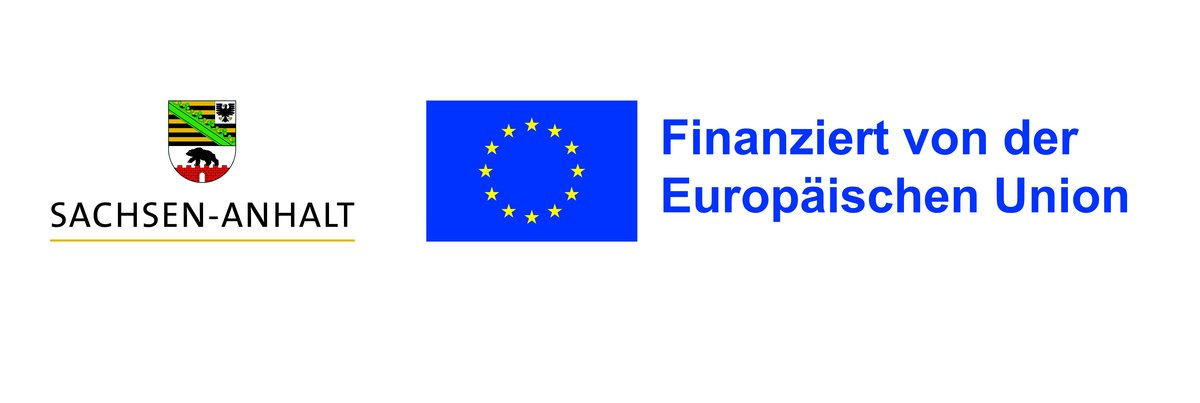Research Group
The research group Energy - Digital & Decentral analyses processes and impact of digitalization and decentralization in the energy sector.
The phase-out of coal-fired power generation poses a variety of challenges at the technical, IT and social levels: Decarbonized energy generation is increasingly decentralized, especially in the electricity sector with the introduction of decentralized power generation and storage units (DER). Controlling these DER requires numerous technical adjustments: in the power plant fleet and energy generation, in grid operation and load planning, as well as through direct and indirect load management, digitalization is taking place in order to ensure security of supply and grid stability even in increasingly decarbonized and decentralized energy systems.
This digital transformation of the energy system is a socio-technical process; social conditions and technical developments interact closely with each other. The research group therefore works on an interdisciplinary basis and brings together technology, society and computer science in applied research. Based at Merseburg University of Applied Sciences, it focuses primarily on the Central German coalfield and the energy technology installed/planned for installation here in the context of the coal phase-out and the energy transition and ensures application-oriented research, including the transfer of research results.
Current events
- Prof. Dr. habil. Katja Müller takes over first Heisenberg professorship at universities in Saxony-Anhalt
- STS Hub 2025, March 11-14, 2025 at HU Berlin
- The 25th conference for young researchers will take place on June 19 and 20, 2025 at Merseburg University of Applied Sciences
- Congress of the German Sociological Association September 2025
Research Subjects
Shamim Ahmed researches load and production fluctuation in grids with Virtual Power Plant (VPP). He is particularly interested in the prediction models for the medium-voltage grid.
In his doctoral project, Martin Möhring is researching how the role of local power organizations (LPOs) is changing due to the implementation of digitalization and decentralization processes. He is particularly interested in how the flow of information and electricity merges in these energy companies and how new market arrangements emerge over the course of the development of energy-as-a-service providers and energy platforms.
Katja Müller investigates whether and how VPPs challenge existing power generation and control systems and to what extent the decentralization of generation and the economic, community or ecological motivation behind it is reflected in the concrete design and implementation - the programming of the energy management system with its access authorizations. It is important here to understand the switch to digitally controlled renewable energies not only as a climate policy and technical necessity, but also as a far-reaching transformation and decision-making process in the sense of a double turnaround, in which new infrastructures set the framework for future energy technology controls and the resulting social control mechanisms. (EnergyDigital)
Kolja Schumacher examines the changes in heterogeneous data from external sources in the context of data-based energy trading. His focus is on recognizing changes in the structure and meaning of this data and on adapting his own applications automatically or semi-automatically. The aim is to ensure continuous and error-free data processing despite these changes. In order to overcome these challenges, his research focuses on the question of which automated methods are most effective for adapting to data schema changes in external data sources. In particular, he is investigating whether large language models can improve recognition and adaptation to changing data. He compares and combines these approaches, for example in a web context, with traditional methods such as structural HTML comparisons, difference analysis and pattern recognition methods.
People
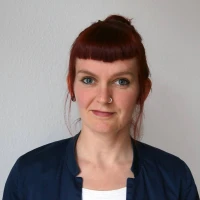
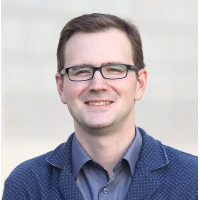
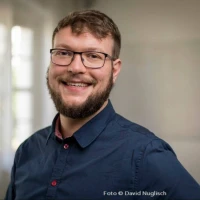

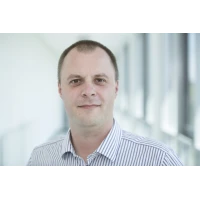
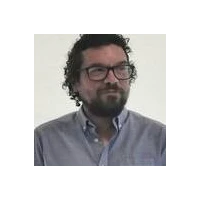

Funding
The project is funded by the European Union (JTF).

